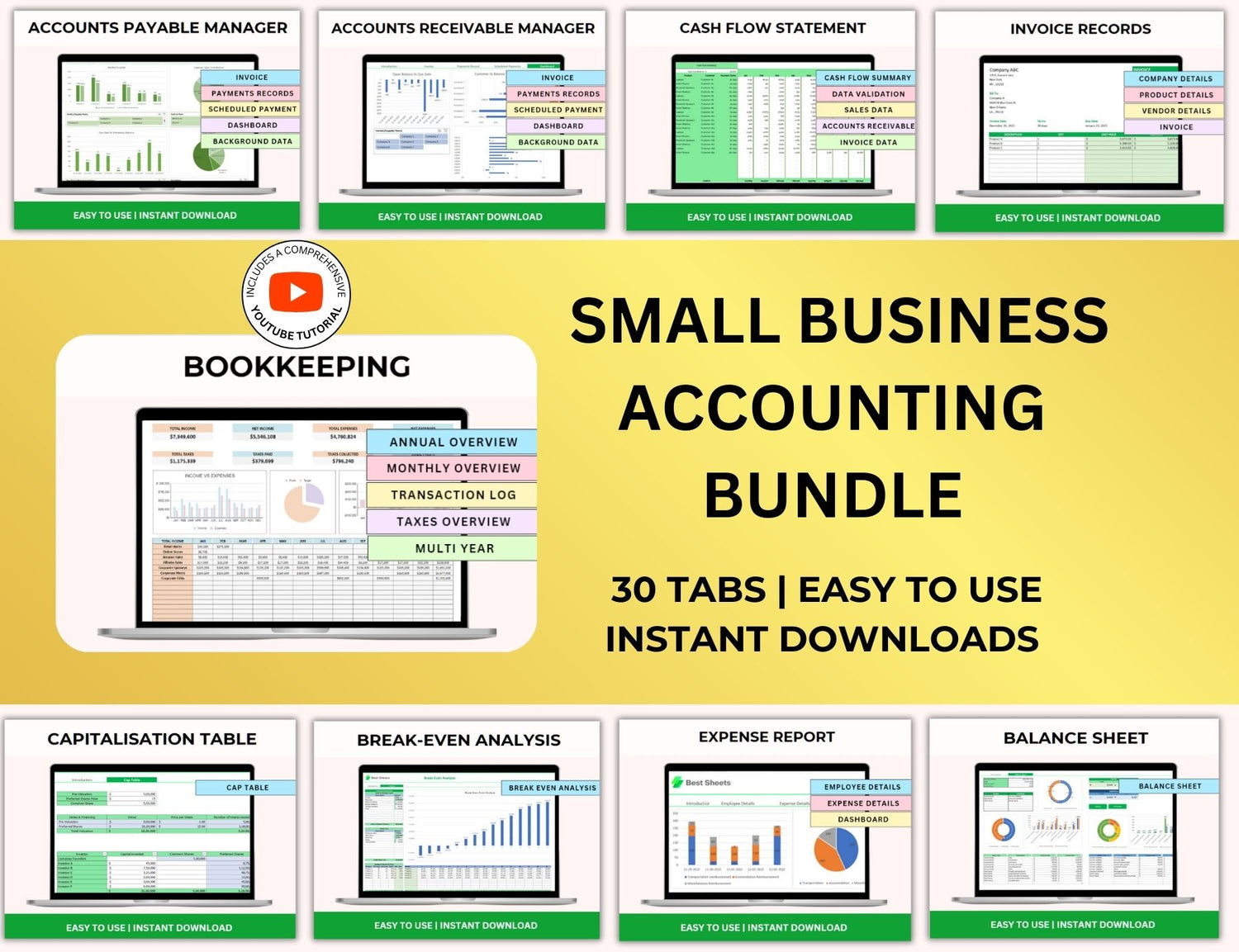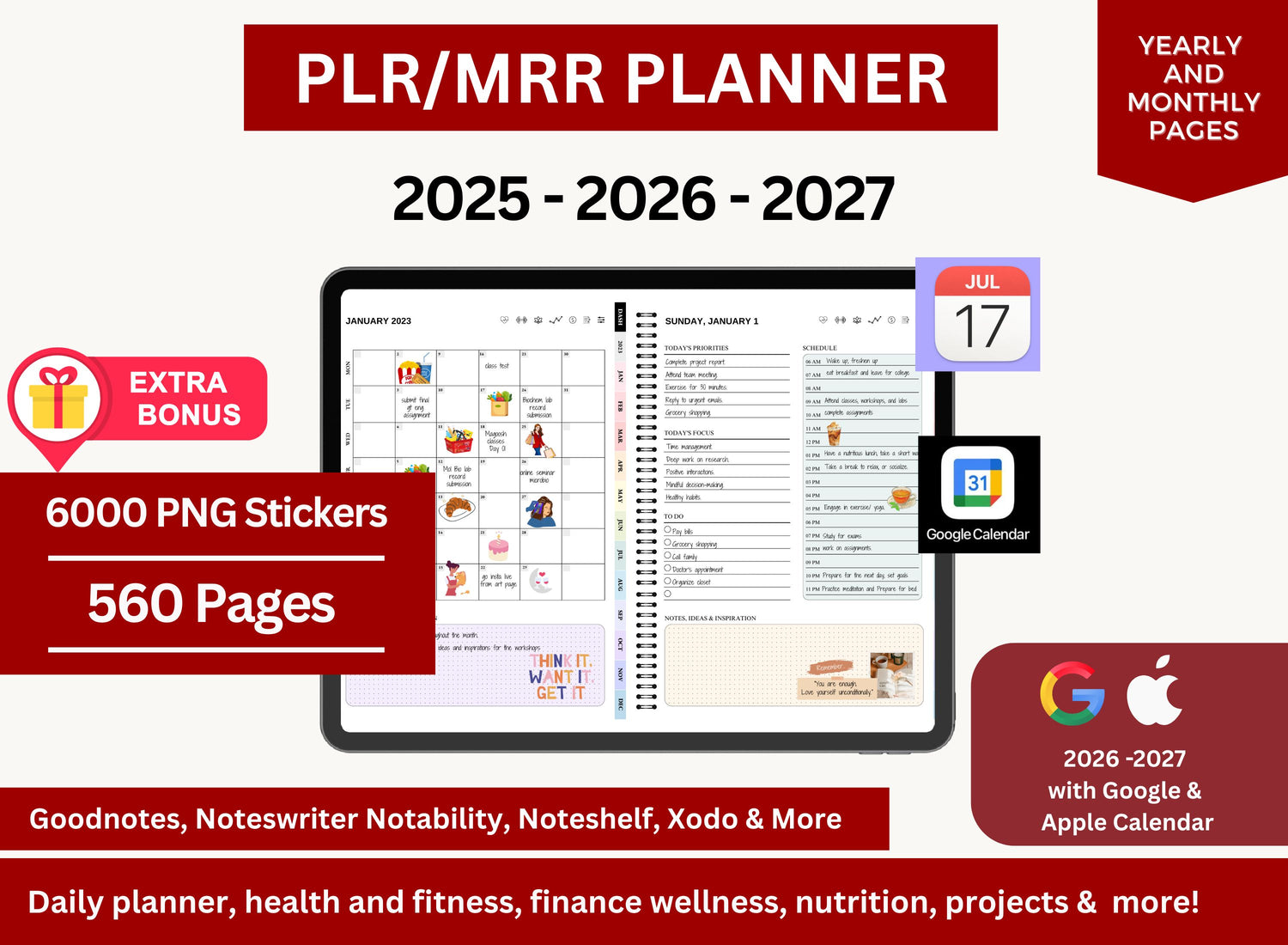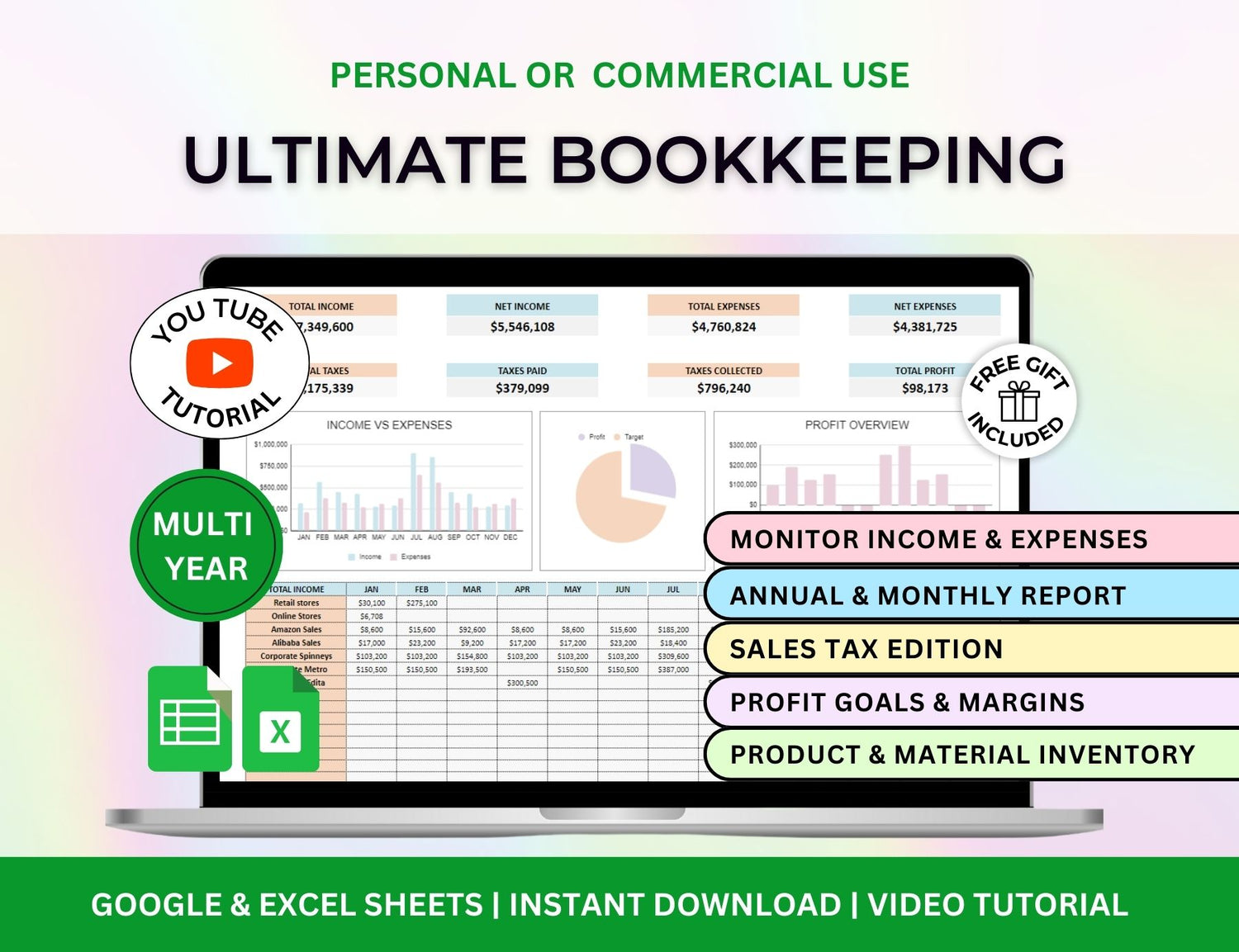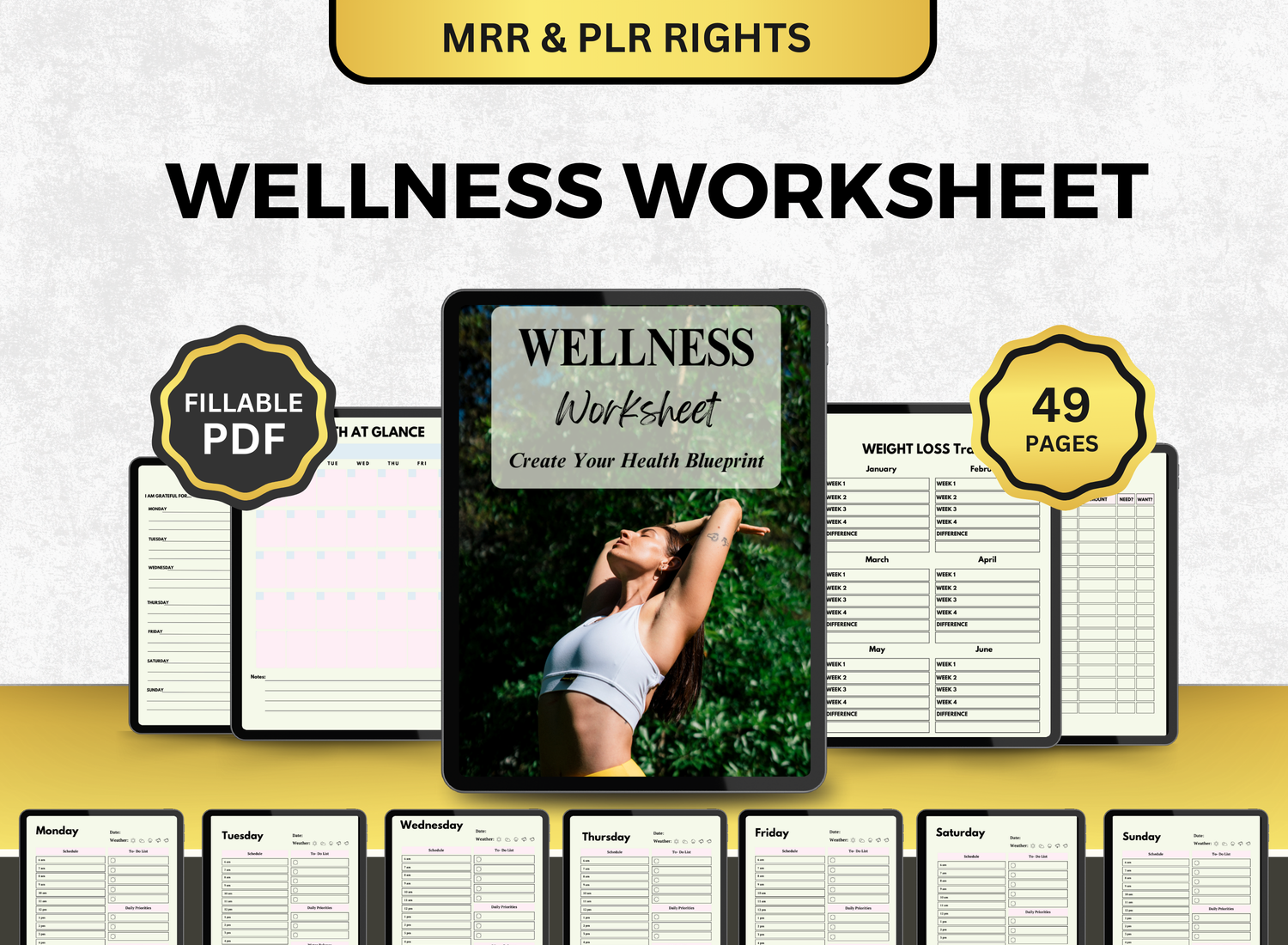Did Michael Phelps' ADHD Help Him Win the Olympics?
When you think about the greatest Olympians of all time, Michael Phelps probably comes to mind almost instantly. Twenty-three gold medals. Thirty-nine world records. And a kind of dominance in the pool that's... well, hard to even wrap your head around sometimes.
But behind all that gold and glory, there's a lesser-known part of Phelps' story: he was diagnosed with ADHD (Attention Deficit Hyperactivity Disorder) as a child.
So naturally, a question bubbles up: Did Michael Phelps' ADHD actually help him win the Olympics? Or was it something he had to overcome? Maybe it's not that simple—maybe it’s a little bit of both.
Let's dive in.
Page Contents
☰Michael Phelps' ADHD Diagnosis: What Happened Early On
Phelps was diagnosed with ADHD when he was around nine years old. According to interviews over the years — notably one from ADDitude Magazine (source) — his early school years were rough.
He struggled to sit still. He couldn’t focus. He blurted out answers before the questions were even finished. Teachers got frustrated. His mom, Deborah Phelps, who was actually a school principal herself, saw her son wrestling with a system that wasn’t built for how he naturally functioned. (And as any parent would, she worried. A lot.)
For anyone even remotely familiar with Michael Phelps ADHD symptoms — impulsivity, hyperactivity, inattention — it’s clear the signs were there from the start.

Source: Business Insider
How Swimming Entered the Picture
It’s almost funny how simple solutions can sometimes change lives forever. At first, swimming was just a way to burn off all that energy.
But pretty quickly, it became something deeper for Phelps. The water calmed him. It focused him.
In the pool, he didn’t have to sit still. He didn’t have to follow a strict set of classroom behaviors. He could just move. And for the first time, moving fast wasn’t a problem — it was the entire point.
In a way, swimming became his therapy before he even knew what therapy was.
How Did ADHD Affect Michael Phelps?
Short answer? It was both a blessing and a burden. (And honestly, I think he would agree.)
On the helpful side:
-
His hyperactivity gave him the physical stamina to train for hours and hours — sometimes more than anyone else could handle.
-
His hyperfocus, a lesser-known ADHD trait, allowed him to zone in on swimming with astonishing single-mindedness.
-
His impulsivity made him willing to take daring, bold strategies during races.
On the challenging side:
-
School was always hard. Not because he wasn’t smart — he absolutely was — but because traditional education didn't match his brain's wiring.
-
Emotional ups and downs were common, especially as a teenager.
- Organizational skills? Let’s just say... they weren’t his natural strength.
Michael Phelps ADHD Interview Insights: His Own Words
Over the years, Phelps has spoken openly—and sometimes very vulnerably—about living with ADHD. In a 60 Minutes interview, he said: “I had this bundle of energy. If I was at home, I would just keep going and going. I couldn't sit still.” (source)
I mean, you can almost picture it, right? This fidgety little kid, bouncing around the house, driving everyone crazy—not because he wanted to, but because that’s just how his brain operated.
Swimming gave him an outlet. A productive one.
In another interview with ADDitude Magazine, he talked about feeling misunderstood and frustrated growing up, like so many kids with ADHD often do.
Honestly? It’s moving. Because for every Michael Phelps who finds a “swimming pool” in life, there are countless others who don’t.
How Did Michael Phelps Overcome ADHD?
Well... to be clear: you don’t really "overcome" ADHD in the way you overcome, say, a sprained ankle. It’s a lifelong thing. You learn to manage it. To grow with it.
Phelps found what worked for him:
-
Swimming provided a highly structured outlet.
-
Coaching (especially under Bob Bowman) gave him guidance from someone who understood how to harness that energy rather than fight it.
-
Self-awareness grew over time. He learned how to prepare, how to handle the mental side of competition, how to deal with setbacks.
Of course, it wasn’t all smooth sailing (pun maybe intended). There were personal struggles, battles with depression, public controversies — like his well-known DUI incidents. ADHD wasn’t the cause of all of it, but mental health is complicated and layered.
Famous High Achievers with ADHD: Michael Phelps' Peers
If you think Phelps is an outlier, think again.
Many famous high achievers with ADHD include:
-
Simone Biles — another Olympic legend
-
Richard Branson — founder of Virgin Group
-
Justin Timberlake — pop superstar
-
Emma Watson — yes, Hermione herself has spoken about ADHD struggles
It’s almost like ADHD — when supported properly — can be a secret weapon in certain fields. Not because it makes you better automatically, but because it makes you different.

Fellow Olympian, Simone Biles. Source: USA Today.
ADHD: Double-Edged Sword
Let’s be real here for a second. There’s a growing trend to talk about ADHD like it’s this hidden “superpower.” And sure, sometimes it is.
But sometimes it’s also a real, exhausting daily challenge.
Michael Phelps’ life illustrates both sides beautifully:
-
The energy and focus that drove him to greatness.
-
The mental health struggles that almost broke him at times.
Both are true. And that complexity matters.
Using Systems to Support ADHD Success
One of the most important things anyone with ADHD learns (often the hard way) is that systems save lives.
Michael Phelps had structured training schedules, goal-setting frameworks, and support teams.
For everyday life? Tools like an ADHD planner or anything that has ADHD in mind can be game-changers.
Instead of battling your brain every morning to remember appointments, deadlines, or even basic to-dos, a planner externalizes that chaos. It frees up your mind for more important things — like creativity, focus, even just breathing.
If you’re managing ADHD—or know someone who is—using an ADHD-specific digital planner can genuinely lighten the load. It's like building your own personal “pool” where you thrive.
How Did Michael Phelps Train with ADHD?
Phelps didn't just swim casually. At his peak, he trained six days a week, often logging up to five hours a day in the pool. He swam on Christmas. He swam on birthdays. (Imagine the dedication!)
That routine offered structure — something ADHD minds often desperately need. The predictability of training sessions and a consistent goal (beat your own best time) helped him stay centered.
Of course, motivation wasn’t perfect every day. Some days were hard. Some days he probably hated the pool. But the system carried him forward even when motivation wavered.
Lessons from Michael Phelps' ADHD Journey
So, coming back to the original question: Did Michael Phelps’ ADHD help him win the Olympics?
In part, yes. His natural energy, hyperfocus, risk-taking—all fueled by ADHD traits—helped build the legend we now know.
But it wasn’t the whole story. There were also struggles, sacrifices, bad days, therapy sessions, and constant management behind the scenes.
And maybe that’s the real takeaway here: Success isn’t about being "normal" or "perfect." It’s about knowing yourself, building support systems, and finding your pool — whatever that is for you.
And if you’re on your own ADHD journey? You might want to check out tools with ADHD in mind to start building that supportive system today. Even small steps make a real difference.
Final Thoughts
Michael Phelps didn’t succeed despite his ADHD. He didn't succeed because of it, either.
He succeeded because he was determined, supported, and able to channel his unique mind into something powerful.
ADHD is part of his story — not the whole story. And in that, maybe there’s a lesson for all of us.
Whether you have ADHD, love someone who does, or are just trying to make sense of your own complicated, beautiful mind—you’re not broken. You’re just wired differently. Find your lane. Build your pool. Swim your race.









